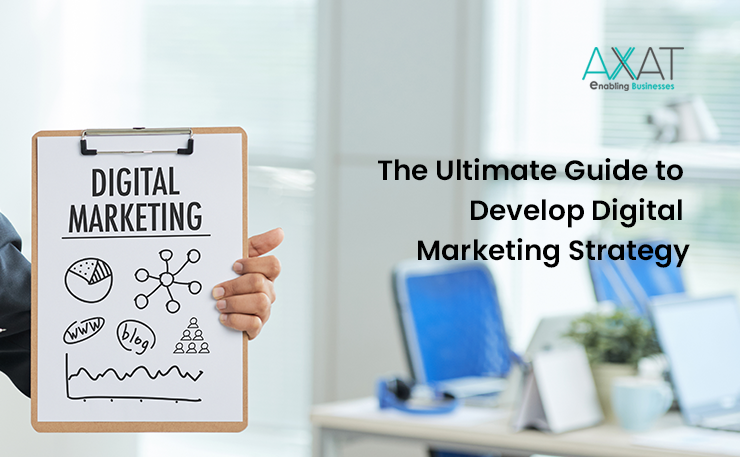You may identify what makes your business special and how to interact with your target market using a range of digital channels by creating a digital marketing strategy. So, how can you develop an effective long-term digital marketing plan? Use the following information to get started:
Utilize performance marketing to improve the customer experience
Performance marketing is concerned with using quick-to-implement, actionable levers to continuously improve marketing data and performance metrics like activation, attrition, and upselling along the customer journey funnel. Particularly at the bottom of the sales funnel, it is essential for improving the customer experience.
Become agile
To continually enhance the client journey, your marketing, and IT departments must work together. As a result, executives must move digital marketing up the CEO agenda to secure their support and accelerate momentum. Additionally, they must make sure that the ROI of current marketing initiatives is transparent and that marketing operations are suspended when the ROI drops below a predetermined threshold.
Building numerous agile marketing and technology squads to target key performance metrics while utilizing high-performing current workers is one of the most efficient methods. The team should include members with expertise in growth marketing, SEO, UX design, HTML development, attribution analytics, broader campaign management, and copywriting. Identifying, prioritizing, and implementing backlogs in research, product, marketing, data, and technology should also be done in collaboration. (To obtain optimized solutions, you can also hire a specialized software development firm like AXAT Technologies.)
Adequate spending allocation
How much of your marketing budget should be allocated to online versus offline activities? Using data on demographics, connections, behaviors, and income, develop buyer personas, and then modify your advertising to send targeted messages to each persona. Use omnichannel marketing to specify spending in each sub-channel, which considers the entire customer journey to calculate the impact and ROI for each channel.
Take first-party data management seriously
Concerns about how their personal information is used online are spreading among the general public. Therefore, emphasize the privacy of your audience and be explicit about how their data will be used to generate revenue.
